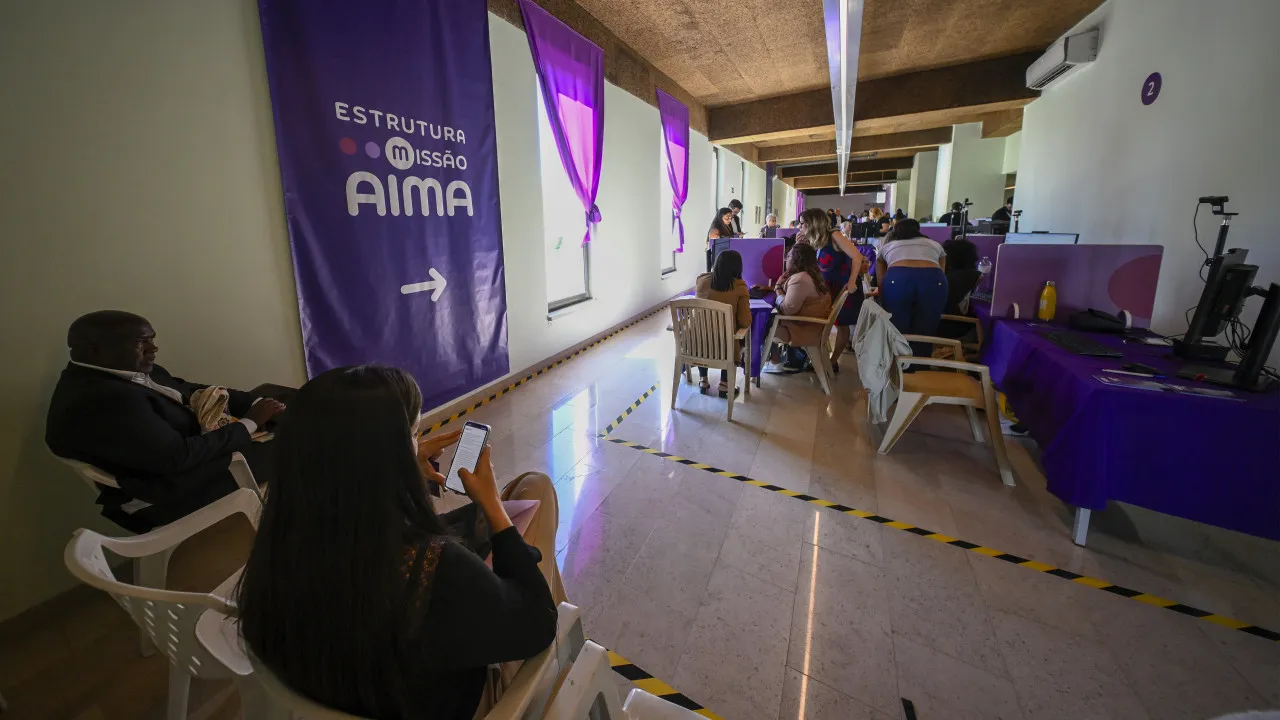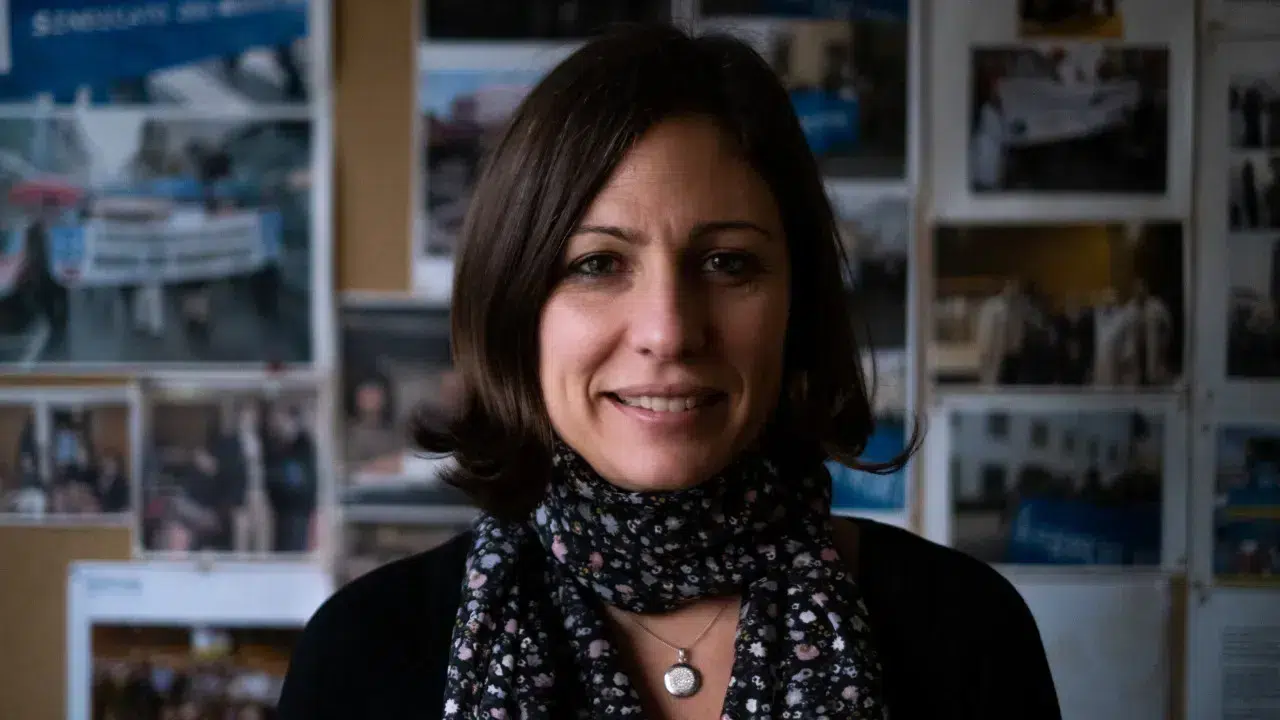Otelo Saraiva de Carvalho’s family has donated the April 25 strategist’s archive to the Ephemera Archive/Library, which will help to understand “the atmosphere of 1974/75”, historian Pacheco Pereira told Lusa.
They are “fundamental documents because there are lots of manuscripts” by Otelo himself and other people, “meeting notes, correspondence”, “thousands of letters sent to Otelo”, said José Pacheco Pereira, founder of Ephemera, the largest private archive in Portugal.
Otelo’s estate “is enormous”, it covers the early period of 1974 when he was in the Council of the Revolution, the time of COPCON, and so far two shelves and many files have been received at Ephemera.
The historian and former PSD MP said that the two shelves are “a small part” of the documentation and describes what he has seen so far: “They are very different letters, ranging from greetings, congratulations, wedges, to threats, insults, information and denunciations.”
This archive, according to the author of Álvaro Cunhal’s biography, “is of enormous importance”, given that the April military officer “played a central role in political life from 1974 until the end of the 20th century”.
Otelo Saraiva de Carvalho, he added, “is a remarkable personality, firstly because he is the author of the April 25 operational plan, which all the military consider to be a document of great quality from a strategic and military point of view”.
“Then, through all the vicissitudes of PREC, after November 25, the Popular Unity Dynamizing Groups (GDUP’s – a party created in 1976 and extinguished the following year), the presidential candidacy of 1976 and 1980,” he added.
According to information from the Ephemera Archive, this is “a vast and rich collection of documentation, manuscripts, photographs, pamphlets and brochures, political books, official military and political documents (many of them secret at the time), gifts and personal objects”.
And “they cover Otelo’s entire political and military career, from his action as an officer in the theaters of the colonial war, the April 25 revolution and the “year of embers” of 1975, COPCON, the presidential candidacies, the GDUPs, the FUP, OUT, his arrests and trials.”
Otelo Nuno Romão Saraiva de Carvalho was born on August 31, 1936 in Lourenço Marques, Mozambique, and had a military career since the 1960s, serving a commission during the colonial war in Guinea-Bissau.
In the Armed Forces Movement (MFA), which overthrew the dictatorship of Salazar and Caetano, he was in charge of drawing up the military operations plan and was therefore known as the strategist of April 25. He was also one of the soldiers who manned the operations command post at the No. 1 Engineering Regiment in Pontinha, on the outskirts of Lisbon.
Connoted with the radical left, he was one of the members of the Directory of the revolution, with Costa Gomes, president, and Vasco Gonçalves, prime minister, from May 1975.
He was arrested following the events of 25 November, a confrontation between the military left and the so-called “moderates”, which led to the normalization of the country, and was later released. He ran for president in 1976, winning 16.4% of the vote.
Arrested in 1985 as a result of the FP-25 case, an organization that claimed responsibility for several attacks that left 13 people dead over seven years, he was convicted and released five years later, in 1989. In 1996, parliament approved an amnesty for FP-25 prisoners.
Otelo Saraiva de Carvalho died on July 21, 2021.








